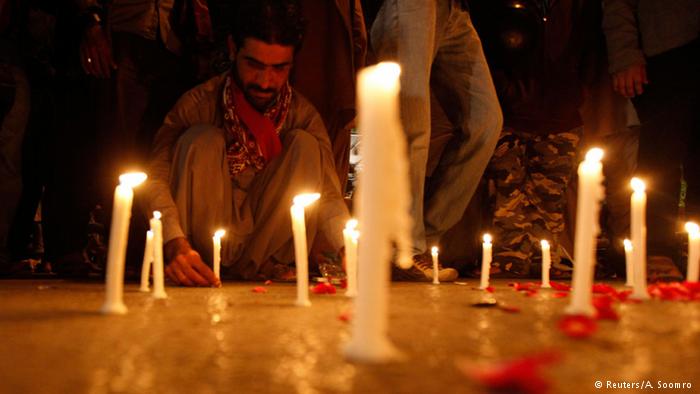OPINION by Safiyyah Surtee
Condemning the Taliban and other criminal groups every time they commit yet another atrocity is necessary but it is not effective. It can seem like we only care and express outrage after the deed is done, when truly we need to be speaking, acting and working against these criminals when things are seemingly quiet.
For those of us far away from all of this:
1) In our own communities we must challenge and call out people who sympathise with terror from the mimbar, in the media or elsewhere (and this happens quite a lot in South Africa – recently my husband went up to one such khatib after Jumuah who said he was ‘neutral’ on ISIS) The mindset that preaches intolerance, belligerence and takfirism is the same that breeds terrorism.
2) As our faith imbibes – let our voices be heard on all issues facing humanity, not just ‘Muslim’ issues and by voices, I mean actively and sincerely joining real efforts for social justice wherever we are and whatever these issues may be, even if not the politically sexy on the global scene (for e.g. in SA it would be fighting crime, corruption, poverty, gender violence, unemployment, health and education failures, HIV/AIDS and its stigma). Our commitment to the wellbeing of all people speaks louder than any condemnation.
3) Interfaith and intrafaith solidarity is an ongoing project. We cannot only come together in times of strife. We need to build real, deep and meaningful relationships which are not based on apologia and the need to prove we are indeed ‘people of peace’ or that ‘Islam is not to blame’, but rather, based on the true desire to understand, respect and honour each other even if there is no Islamophobia, religious extremism, war on terror etc.
4) Be consistent in our condemnation. Reject all violence against innocents, including actions by groups whom we may sympathise or align with politically as well as state sponsored terror from our own and other governments. Recognise that these attacks do not happen in an isolated bubble but are in many cases, the result of a cycle of violence from all sides.
5) Pray. We must pray with all our being and know/feel for what we are praying. Not the generic prayers often said (for e.g. one common prayer made in public is “Allahuma ansur al-Mujahideen – Oh Allah grant victory to the Mujahideen”. Which Mujahideen are we referring to exactly?) These duas ring hollow. Can we really supplicate for peace when we are not truly desperate for?
Safiyyah Surtee is a gender and social activist. Safiyyah is a graduate of Arabic and Islamic Studies, currently completing her M.A in Islam with a focus on gender. She is a lecturer at the University of Johannesburg and a writer at Muslimah Media Watch.






 WhatsApp us
WhatsApp us 


2 comments
I find it amazing that no one especially the ulema really understands that ISIL is killing other Muslims in Kurdistan. It seems that they secretly support the establishment of an Islamic caliphate, a sunni one, despite killing Sunni muslims in Kurdistan. Sigh. I think fostering an atmosphere of tolerance and peace cant really be expected from our so-called leaders when they themselves dont have a full grasp of whats really happening out there.
If you are diseased but continually fight the symptoms, I guess you not going to make any headway to the cause. The cause is known to us, yet we expend our energy on the symptoms.
Analysing the symptoms and apologising for that is what we do best, because then we do not have to face up to the truth.
Can you win a war without truly defining your enemy, I don’t think so. So STOP the analyses and start defining the enemy. Islam has ONE ENEMY and that is zionism. Islam is being destroyed by a single outside force using inside differences.